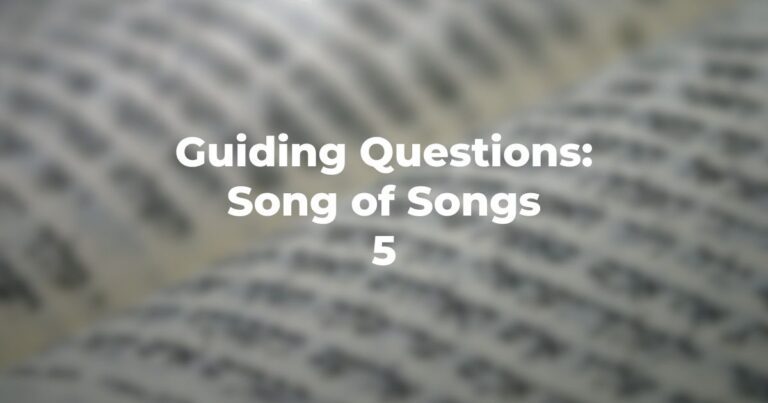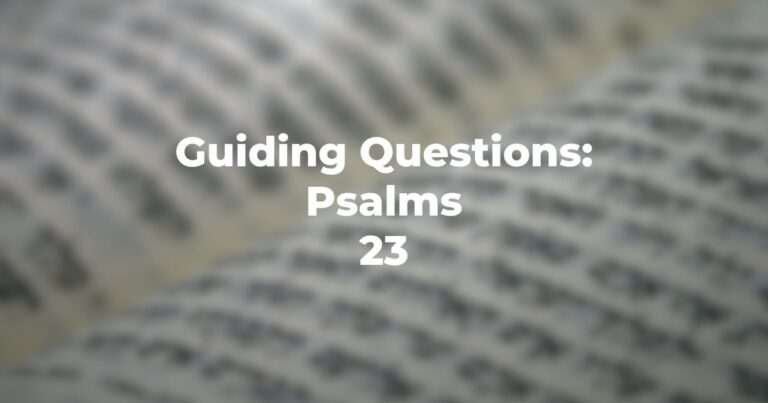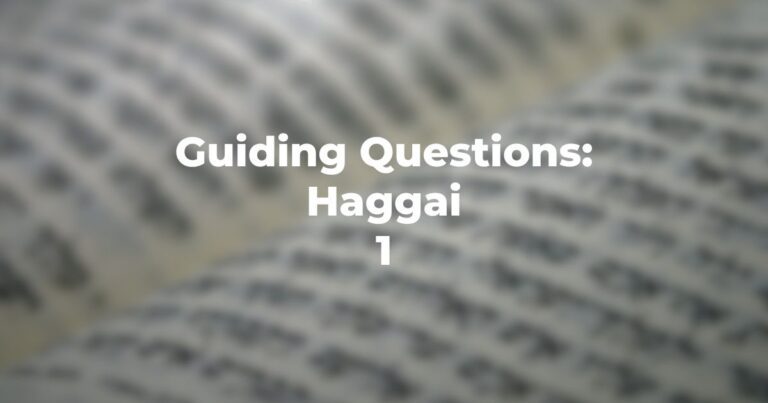- As Job 9 begins, Job expresses the futility of challenging God in a court of law. Who in the Bible attempted it? See Genesis 18:23-33.
- What is the point of Job’s praise of God’s power over nature and the solar system (Job 9:5-10)?
- What does Job 9:9 suggest about the ancients’ knowledge of astronomy? Do the mythological references have a place in Jewish scripture?
- Of what experience in the life of Moses is Job 9:11 reminiscent? See Exodus 33:18-23. Are the circumstances similar?
- Is Job’s perception of God one of judge, prosecutor or opponent (Job 9:12-20)?
- Does Job 9:21 suggest that Job has no faith in God’s justice? What theme from his previous oration does he return to?
- Job’s point in Job 9:22-24 is timeless. Would survivors of the Holocaust agree with this sentiment?
- In Job 9:30, the word rendered “soap” is mei-shaleg, literally “snow-water”, i.e., melted snow. Why was the meaning changed to “soap” when “melted snow” makes sense?
- Does Job appear self-righteous or is he genuinely guiltless?
- What unrealistic change does he expect of God (Job 9:34)?
- In Job 2, the adversary is certain that Job will blaspheme God. Has he done that in this chapter? Of what is he accusing God in Job 9:27-35?
Author
-

Exploring Judaism is the digital home for Conservative/Masorti Judaism, embracing the beauty and complexity of Judaism, and our personal search for meaning, learning, and connecting. Our goal is to create content based on three core framing: Meaning-Making (Why?), Practical Living (How?), and Explainers (What?).
View all posts




